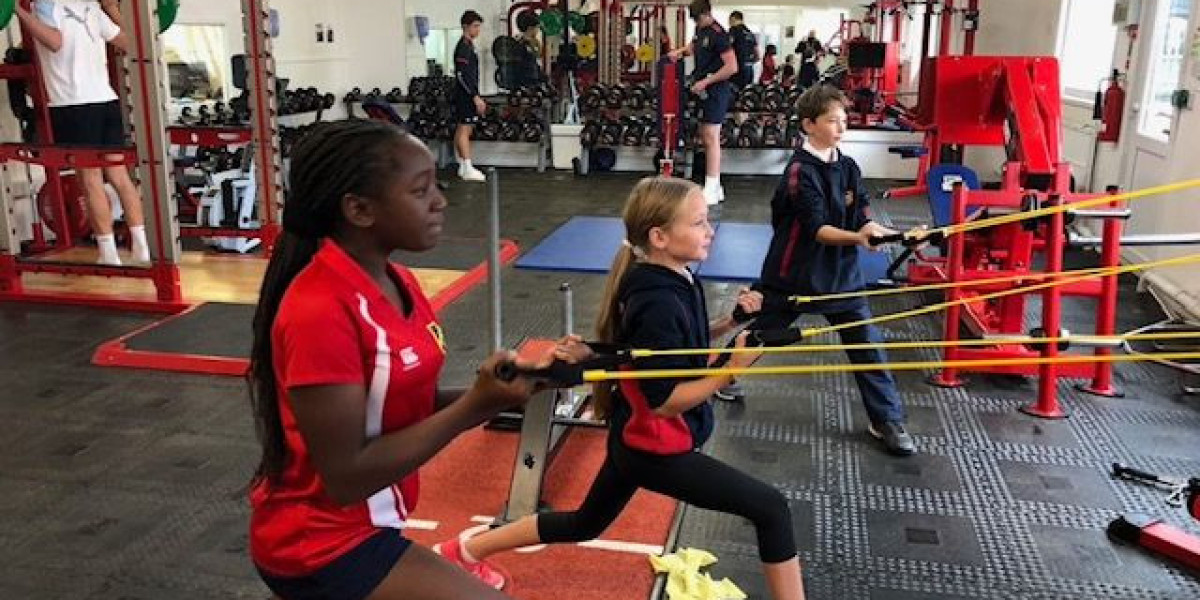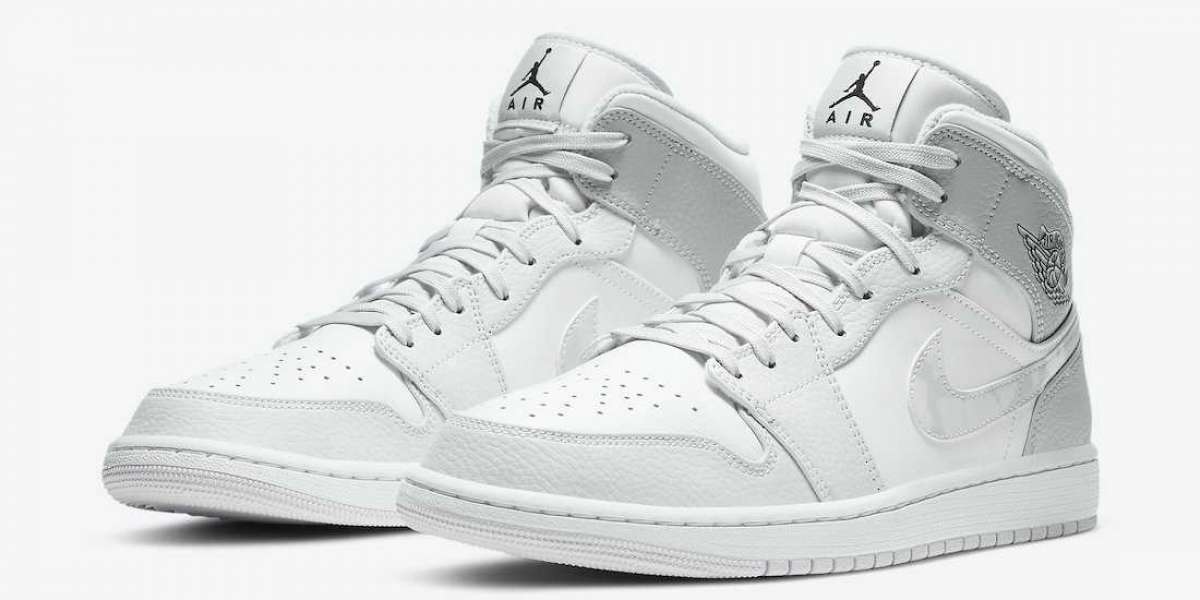In the evolving landscape of sports and fitness, sporting hubs have emerged as pivotal centres for athlete development. These specialised facilities offer comprehensive support that goes beyond traditional training environments, providing athletes with resources, expertise, and technologies to excel. This article explores the multifaceted role of sports hubs in nurturing and advancing athletic talent, drawing insights from leading sporting hubs.
Comprehensive Training Facilities
Sporting hubs are designed to offer state-of-the-art training facilities for various sports disciplines. These facilities are equipped with advanced equipment and technology that support both physical and technical training. For instance, a sports hub might include specialised gym equipment, track and field facilities, and simulation tools tailored to specific sports.
By centralising these resources, sporting hubs create an environment where athletes can access everything they need to enhance their performance. This all-in-one approach minimises the need for athletes to travel between different locations for training, allowing them to focus on their development without logistical distractions.
Expert Coaching and Support Staff
One key benefit of sporting hubs is the availability of expert coaching and support staff. These professionals bring specialised knowledge and experience that are crucial for athlete development. Coaches at sports hubs are often well-versed in the latest training methodologies and techniques, providing athletes with cutting-edge guidance.
Support staff at sporting hubs may include nutritionists, physiotherapists, and sports psychologists. This multidisciplinary approach ensures that athletes receive comprehensive care, addressing not only their physical training needs but also their mental and emotional well-being. Such support is essential for holistic athlete development.
Personalised Training Programs
Sporting hubs excel in creating personalised training programs tailored to individual athletes. By assessing each athlete's strengths, weaknesses, and goals, these hubs develop customised training regimens that maximise performance. This personalised approach helps athletes address specific areas for improvement and build on their unique skills.
Personalised programs are often supplemented with regular assessments and adjustments based on the athlete's progress. This ensures that the training remains relevant and practical as the athlete evolves. The adaptability of these programs is a significant advantage of training within a sports hub.
Advanced Sports Technology
The integration of advanced sports technology is a hallmark of modern sporting hubs. Technologies such as motion analysis systems, performance tracking tools, and virtual reality simulations play a crucial role in enhancing athlete performance. These technologies provide detailed insights into an athlete's movements, strengths, and areas for improvement.
Sporting hubs invest in these technologies to offer athletes a competitive edge. Motion analysis systems can help refine techniques while performance-tracking tools provide data-driven insights that inform training decisions. Such technology is instrumental in pushing the boundaries of athletic performance.
Injury Prevention and Rehabilitation
Injury prevention and rehabilitation are critical components of athlete development, and sporting hubs are equipped to handle both. By employing advanced diagnostic tools and rehabilitation techniques, these hubs help athletes recover from injuries and return to peak performance.
Injury prevention programs at sports hubs often include strength and conditioning exercises, flexibility training, and biomechanical assessments. Rehabilitation services may involve physiotherapy, sports massage, and specialised recovery protocols. This comprehensive approach ensures that athletes can manage and overcome injuries effectively.
Mental Health and Psychological Support
Athlete development is not solely about physical training; mental health and psychological support are equally important. Sporting hubs provide access to sports psychologists and mental health professionals who help athletes manage stress, build resilience, and stay focused on their goals.
Mental health support includes techniques for coping with performance pressure, developing a positive mindset, and setting realistic goals. By addressing these psychological aspects, sport hub contributes to an athlete's overall well-being and performance, recognising that mental strength is crucial for success.
Nutritional Guidance and Support
Nutrition plays a vital role in an athlete's performance and recovery. Sporting hubs offer specialised nutritional guidance to ensure that athletes are fueling their bodies with the right nutrients. Nutritionists at sports hubs create personalised meal plans that align with each athlete's training needs and goals.
Nutritional support may also include education on healthy eating habits, supplementation, and hydration strategies. By focusing on nutrition, sporting hubs help athletes optimise their physical performance, enhance recovery, and maintain overall health.
Competitive Opportunities and Events
Sporting hubs often organise or facilitate competitive opportunities and events for athletes. These events provide valuable experience and exposure, allowing athletes to test their skills in a competitive setting. Participation in competitions is essential for evaluating progress and identifying areas for improvement.
In addition to hosting events, sports hubs may also offer networking opportunities with scouts, coaches, and other athletes. This exposure can be instrumental in advancing an athlete's career, opening doors to new possibilities and pathways for professional development.
Research and Innovation in Sports Science
The role of sporting hubs extends to research and innovation in sports science. Many hubs collaborate with research institutions and sports science experts to develop new training methodologies, performance-enhancing technologies, and injury prevention techniques.
By staying at the forefront of sports science research, sporting hubs can integrate the latest findings into their training programs. This commitment to innovation ensures that athletes benefit from the most effective and up-to-date practices in their development journey.
Community and Support Networks
Sporting hubs foster a sense of community among athletes, coaches, and support staff. This supportive environment can be incredibly motivating and beneficial for athlete development. By creating a network of peers and mentors, sports hubs help athletes stay engaged and inspired.
Community events, group training sessions, and social activities organised by sporting hubs contribute to building strong support networks. These connections not only enhance the training experience but also provide athletes with a sense of belonging and camaraderie.
Facilities for Young and Emerging Talent
Sporting hubs play a crucial role in nurturing young and emerging talent. Many hubs have programs specifically designed for junior athletes, providing them with early exposure to high-quality training and development resources. These programs help young athletes build a strong foundation for their future careers.
Facilities for young talent may include specialised coaching, age-appropriate training programs, and educational workshops. By investing in the development of emerging athletes, sporting hubs contribute to the growth of future sports stars and the overall advancement of the sport.
Enhancing Athletic Lifestyle and Habits
Finally, sporting hubs help athletes adopt and maintain a healthy athletic lifestyle. This includes developing good training habits, managing time effectively, and balancing their athletic commitments with other aspects of life.
Sporting hubs often provide educational resources and workshops on topics such as time management, goal setting, and work-life balance. By promoting these habits, hubs help athletes create a sustainable and successful career in sports, ensuring they can perform at their best both on and off the field.
Conclusion
Sporting hubs have become integral to athlete development, offering a comprehensive range of services and resources that support every aspect of an athlete's journey. From advanced training facilities and expert coaching to mental health support and nutritional guidance, these hubs provide a holistic approach to athlete development. By leveraging the latest technology, fostering a supportive community, and nurturing young talent, sporting hubs play a crucial role in shaping the future of sports and helping athletes reach their full potential.









